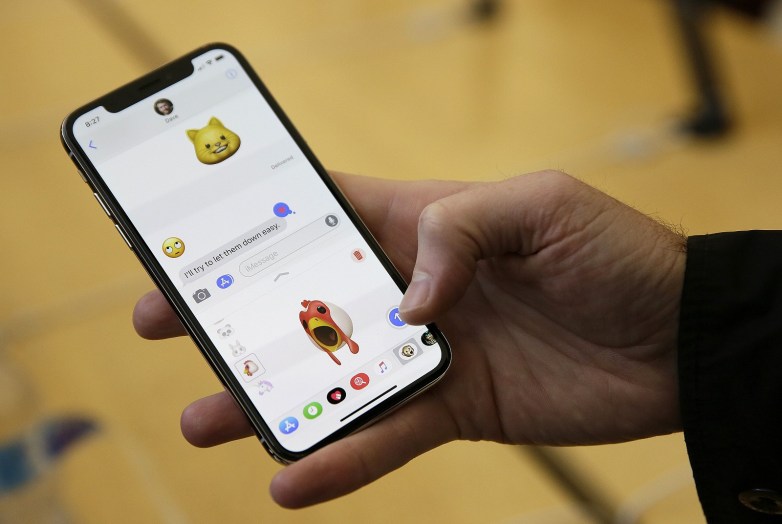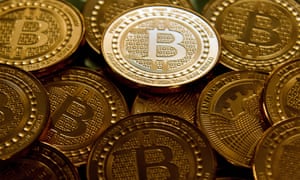Cryptocurrencies have enjoyed some success; Bitcoin is now the largest cryptocurrency, with the total number of Bitcoins currently valued at approximately USD$70 billion. Research produced by Cambridge University concluded this year that there are between 2.9 million and 5.8 million unique users actively using a cryptocurrency wallet.
In this research, we’ve looked at governmental attitudes toward cryptocurrencies, not limited to Bitcoin alone. The picture produced across the world is patchy. Some countries have become global advocates, while others have actively banned cryptocurrencies completely, with various shades in between.
The most notable disrupter is Japan, which has passed a law accepting Bitcoin as legal tender. At the other end of the spectrum, Bangladesh passed a law in 2014 stating that anybody caught using the virtual currency could be jailed under the country’s strict anti-money-laundering laws.
- Argentina– Bitcoins are not legal currency strictly speaking, since they are not issued by the government monetary authority and are not legal tender. Therefore, they may be considered money but not legal currency, since they are not a mandatory means of cancelling debts or obligations.
- Australia – Removing Bitcoins from double taxation policies, the government also legalized Bitcoin and said it can be used just like money.
- Brazil – The Brazilian government has declared that Bitcoin is not a currency but an asset and therefore subject to 15 percent capital gains taxes above a threshold.
- Canada – In November 2013, the Canada Revenue Agency declared that Bitcoin payments should be treated as barter transactions. The Canadian federal government also announced its intention to regulate Bitcoin through its anti-money laundering and counter-terrorist financing legislation.
- Chile – The first Bitcoin exchange in Chile, where citizens can buy Bitcoin with pesos, launched in 2015 with funding from the Chilean government. This would appear to be in line with the Chilean government’s ambition to transform itself into an innovation and entrepreneurial hub for Latin America. The government has also committed to providing regulation and oversight in the form of financial audits and anti-money laundering regulation.
- China – In late 2013, China’s Central Bank (the People’s Bank of China) barred financial institutions from partaking in digital currency and Bitcoin transactions, but individuals are free to trade as they wish – Chinese yuan to Bitcoin is the most traded daily fiat to Bitcoin pair.
- Denmark – The Danish government and Financial Supervisory Authority have announced that Bitcoin businesses will be taxed in a normal manner, and individuals will not be subject to taxation from trading. “The Danish central bank is considering a digital-only e-krone.”
- France – The French government has shown some interest in the technology, but according to pundits has yet to launch major initiatives in the field.
- Germany – The German government released a report in August 2013 saying that Bitcoins should be treated as a trading activity and therefore be subject to capital gains taxes unless they were held for a year or more. The German Federal Ministry of Finance further clarified its position by saying that Bitcoin should be treated as a unit of account and private money and should therefore be subject to sales taxes and VAT.
- Hong Kong – Hong Kong Money Authority doesn’t formally ban a bank from trading Bitcoin, but no bank has asked for permission, and it’s pretty clear that no bank has asked for permission because the answer is likely to be “no.”
- India – While Bitcoin is already being widely used in India, there is still “no clear law stating whether Bitcoin and other cryptocurrencies are legal in India.”
- Ireland – Cryptocurrency is still unregulated in Ireland, but the Bank of Ireland’s innovation team has overseen experiments with Deloitte that showed blockchain technology could be used to automatically trace transactions in line with forthcoming EU finance rules.
- Israel – Israel’s government is set to apply capital gains tax to Bitcoin sales, categorizing digital currencies as a type of property.
- Italy – Tax authorities appear to be treating Bitcoin as a form of currency. They have clarified purchases and sales made with Bitcoin remain exempt from VAT. However, Italian tax officials appear to be applying income tax to speculative uses of Bitcoin, or events in which money is made during a sale or purchase. Those buying Bitcoins outside of the scope of speculative activity, it indicates, aren’t required to pay income tax.
- Japan – Japan has eliminated the consumption tax on Bitcoin trading on April 1, 2017, when it officially declared Bitcoin as a legal tender. Japan also eliminated the possibility of double taxation on trading of Bitcoins.
- Mexico – The Mexican government has not banned the use of alternative digital currencies outright but instead is in talks with government regulators to try and introduce their own form of Bitcoin and their own blockchain specific to Mexico.
- The Netherlands – In June 2013, the Dutch Finance Minister released a report that gave Bitcoin the status of an item of barter, meaning it needed no specific licensing or compliance requirements. He said, “Bitcoin is not a financial product as defined by law; purchase or sale of Bitcoins is not a financial service either, so the financial services act does not apply.”
- New Zealand – The Reserve Bank regards cryptocurrencies as a “vulnerability” and considers cryptocurrency as a payment system rather than a currency.
- Pakistan – The Pakistani government hasn’t taken any stance on Bitcoin as yet; it believes that Bitcoin is a commodity and not a currency.
- Russia – The Russian Deputy Finance Minister has stated that regulators will be looking to recognize Bitcoin and other cryptocurrencies legally next year. The government is eager to tackle money laundering, which certainly incentivizes greater oversight and regulation, ultimately leading to its legitimacy.
- Singapore – In early 2014, the Singapore government declared Bitcoin as a good purchased to purchase goods and therefore subject to a specific tax. The Monetary Authority of Singapore then required exchanges and ATM providers to Green-list, or de-anonymize their users to allow while simultaneously declaring that virtual currencies such as Bitcoin are not securities and not subject to regulation.
- South Africa – The South African Revenue Service has stated that any transaction or speculation in Bitcoin is subject to general tax rules; it has added that it is the responsibility of both citizens and residents of South Africa to report each and every Bitcoin transaction detail to the South African Revenue Service.
- South Korea – There are currently no laws in South Korea regulating the use of Bitcoin, where people are able to buy Bitcoin in 7-Elevens.
- Spain – Notable among EU members, Spain is lobbying to establish a cryptocurrency regulatory framework. The Spanish government has confirmed that cryptocurrencies are exempt from Value Added Tax, and Spain has whole streets full with Bitcoin-friendly stores. Plus, many Bitcoin companies call Spain their home, and Spanish banks BBVA and Bankinter now invest in Bitcoin companies.
- United Arab Emirates – The exact status of cryptocurrencies is currently under review.
- United Kingdom– The Bank of England continues to monitor Bitcoin technology, while it continues to be classified as private money, with VAT applied and also subject to capital gains tax, where there P&Ls are involved.
- United States – The U.S. has the highest number of cryptocurrency users, the highest number of Bitcoin ATMs and also the highest Bitcoin trading volumes globally. However, there is a differing picture state by state: Texas, Kansas, Tennessee, South Carolina and Montana appear to be the friendliest based on state regulation, whereas New York, New Hampshire, Connecticut, Hawaii, Georgia, North Carolina, Washington and New Mexico have regulations not favorable to virtual currency. The other 37 states/territories are gray areas currently.









